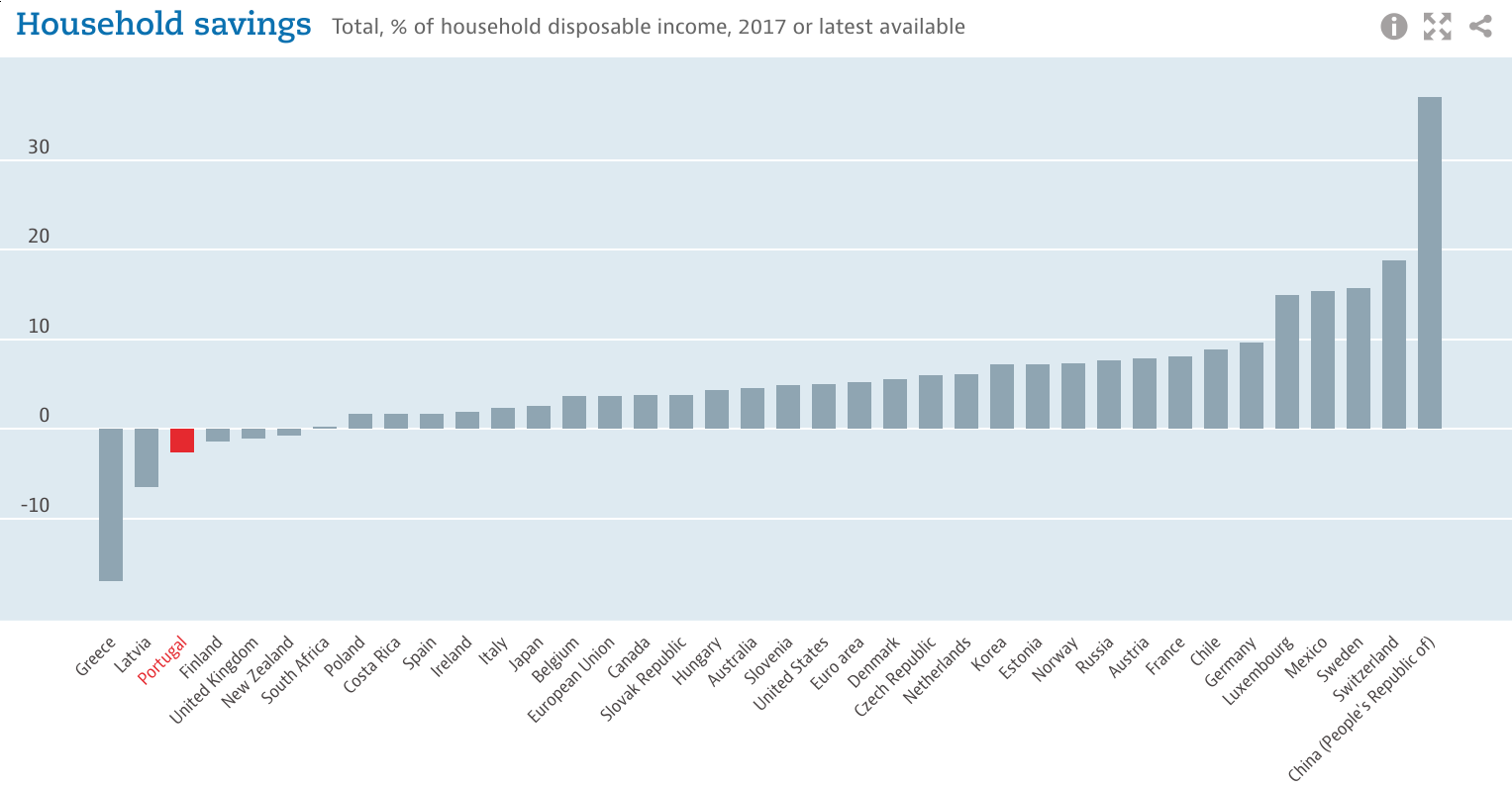I'll be living in my own house that is already paid off at that point, so no rent or mortgage payments.
In the United States, you'd still have property taxes. These would be less than a mortgage or rent payment, but it's not nothing.
My country has universal healthcare, so medical expenses are not a worry.
And what are typical expenses for an old person with universal healthcare now? Previous answers have noted that copayments may increase. But my point is if you are aware of how much they would be if you were 70 at this moment? Universal healthcare is not necessarily free healthcare. You may find that there are optional services that are not included that you really want. Or that you are expected to pick up certain things on your own. You don't mention your country and I probably wouldn't know the details anyway, but I strongly suspect that you don't know the details either.
Money is what I need/want now. House, car, insurance, gas, clothes, shoes, restaurants, vacations, etc, etc, etc, etc.
We already discussed house. Car may be reduced; although you may find that you still have places that you need to go and that you need to pay someone to drive you. You still need house insurance, although you can let car and life insurance go. Gas goes with the car. Clothes and shoes may get more expensive, as doctors tell you that they need to accomplish specific things. I see no reason why restaurants and vacations will suddenly get cheaper.
Utilities may increase in retirement, as you spend an extra forty hours a week at home.
With all that in mind, I am a bit confused to hear so many people talk about how they save 15-20 % of their income, despite often being young (as low as early 20s!).
I just threw 15% into a spreadsheet, assuming a 4% return after inflation. The result was 18.89 times current income after 45 years of working. So if you started working at 22 and worked until 67. I then assumed that your post-retirement returns would drop to 3% (because you are withdrawing, which magnifies bad markets and requires you to set aside more money in low risk/return investments). And that you would spend 80% of your preretirement income annually. You run out of money at 106.
You might argue that you don't expect to live to 106. You may well be right. Most people don't. But if you do, are you willing to sell your house at 106 to have a few more years with money? And if you are, what happens when that money runs out?
At one time, the oldest person in the world was Jeanne Calment who had sold her apartment at age 90. She was allowed to live there until she died, but she moved into a nursing home at 110. She lived to be 122, outliving the buyer of her apartment by two years. You probably won't live to her age, but are you so confident that you'd bet on it?
Doing the same calculation with 20% savings, I found that there were still 18.8 times income in savings after 45 years of retirement.
These calculations assume that your income increases only with inflation. If your income is increasing over time, that makes these calculations worse. Because in your early years, you aren't saving enough to support 80% of your ending income in retirement. Of course, I'm also neglecting that many countries tax investment income less than wage income. But I'm also ignoring the impact of inflation (inflationary gains are taxed as well as real gains).
My point is that a savings rate of 15% is not nearly as generous as it might seem.


"I'll be living in my own house that is already paid off at that point"- And how exactly do people plan to buy and pay off a house without saving money?